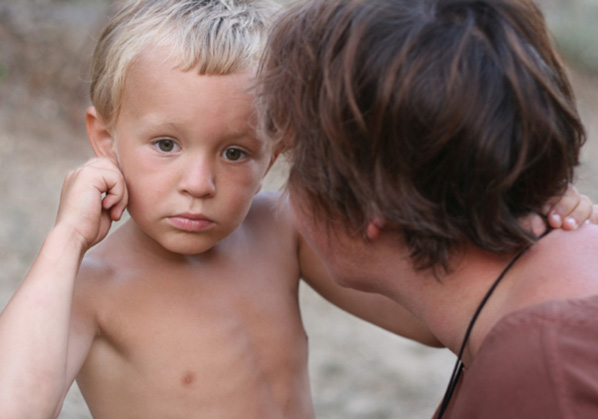Dr. Pat Love
…than 25 years, she has contributed to relationship education and personal development through her books, articles, training programs, speaking, and media appearances. Learn more at www.patlove.com. Articles Four Basic Keys to Loving There are really four things, let me just tell you, four things that every baby needs, every child needs, every adult needs. It’s just basic to homo sapiens, to the human species. We need people in our life. And we’re…
Learn More



